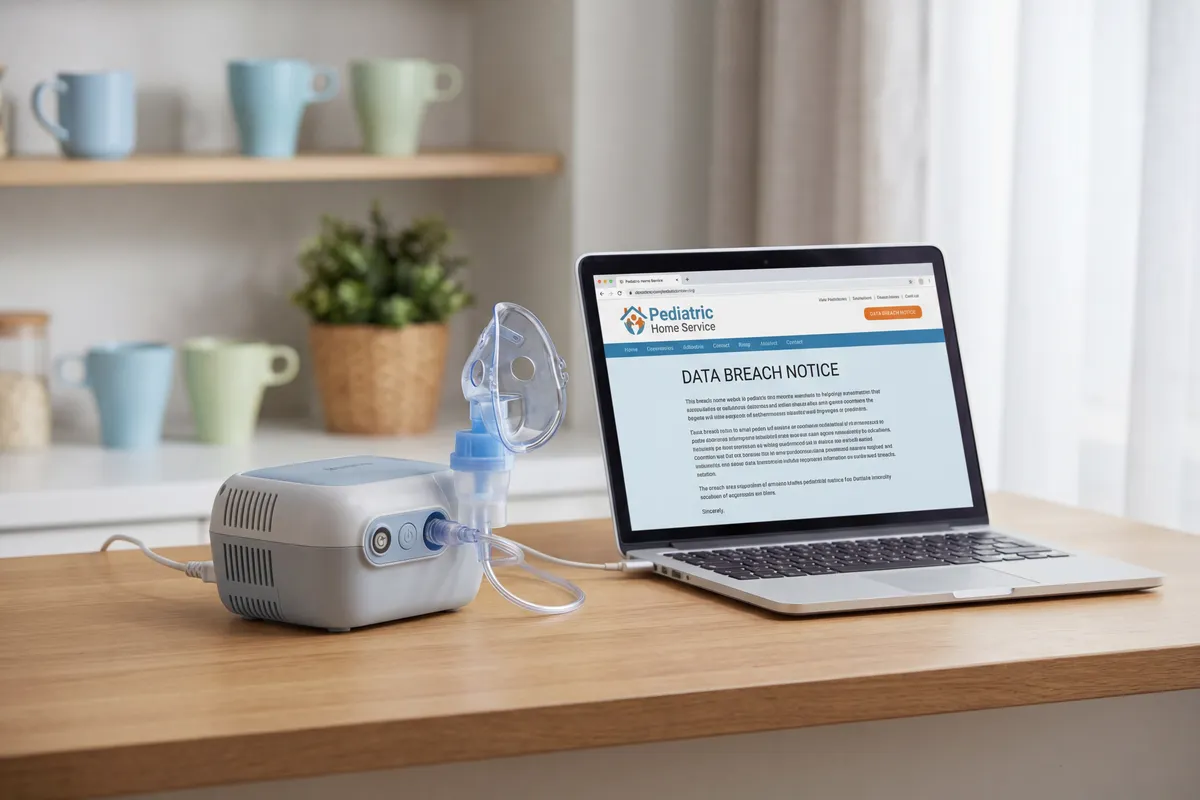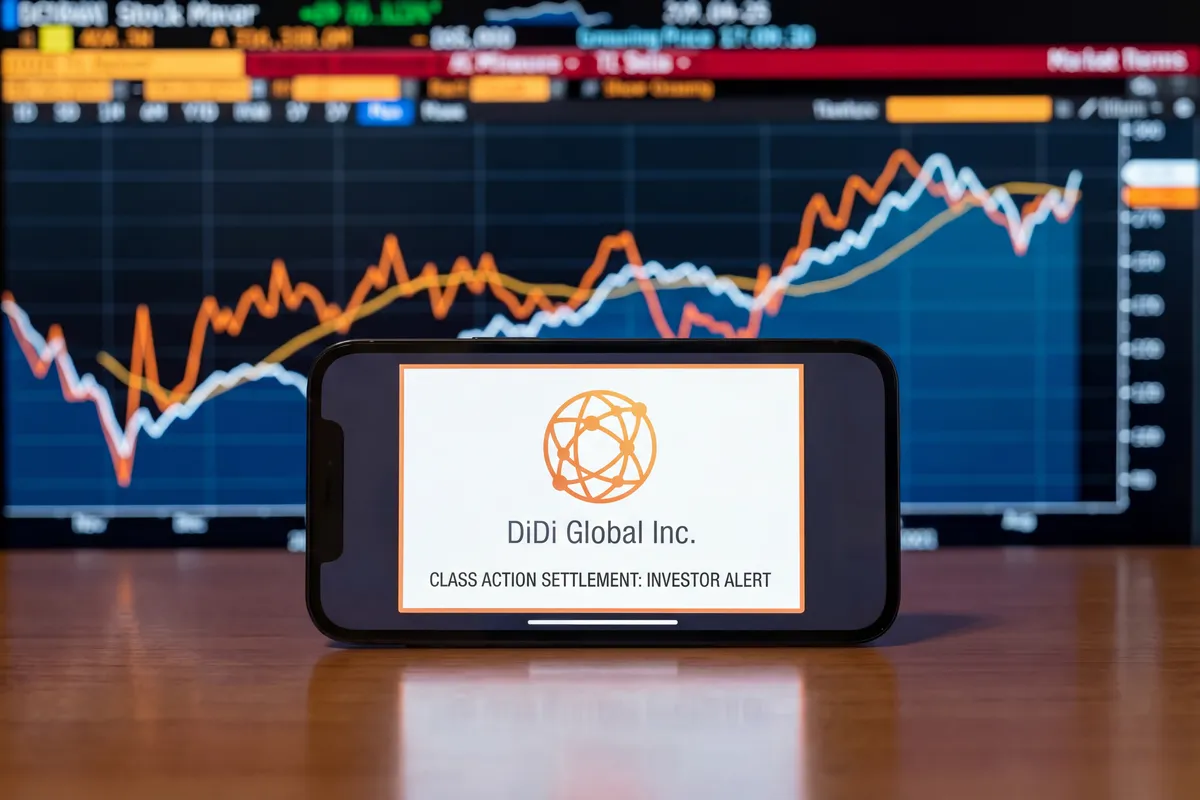
Update: According to the settlement website, the settlement administrator will begin issuing approved partial payments in Feb. 2026. Payment election emails began going out on Dec. 4, 2025, and elections must be submitted by Jan. 8, 2026, in order to receive a timely payment.
If you accepted Visa and/or Mastercard between January 1, 2004, and January 25, 2019, you may be eligible to claim a portion of a $5.54 billion class action settlement.
Visa, Mastercard, and several major banks have agreed to pay $5.54 billion to settle a class action lawsuit for allegedly charging excessive interchange fees and enforcing anti-competitive rules that limited merchants' ability to steer customers to other payment methods.
Who can submit a claim?
Any person, business, or entity that accepted Visa-Branded Cards and/or Mastercard-Branded Cards in the United States from January 1, 2004, to January 25, 2019, is eligible to submit a claim.
This includes a wide range of merchants, from small businesses to large corporations.
How much can class members get?
The amount paid from the settlement fund will be based on your actual or estimated interchange fees attributable to Visa and Mastercard card transactions from January 1, 2004, through January 25, 2019.
The total amount each class member will receive depends on several factors, including the total dollar value of all valid claims filed and the cost of class administration and notice.
Each class member will receive a pro-rata share of the settlement fund, which means the amount you receive will be proportional to your interchange fees relative to the total interchange fees claimed by all class members.
For example, if the total interchange fees claimed by all class members are $10 billion and your interchange fees are $100,000, you would receive 1% of the settlement fund.
Is proof required to submit a claim?
Yes, claimants need to provide proof of their eligibility to claim an award.
The Class Administrator will have data from Defendants and others to estimate the total value of interchange fees attributable to each Authorized Claimant.
If the necessary data is not available, claimants will need to submit information supporting their claim, such as merchant discount fees paid, merchant category code, and total Visa and Mastercard transaction volume.
How to claim an award
To claim an award, you can file a claim online or by mail. To file a claim online, visit the online claim form.
If you prefer to file by mail, send your completed claim form to:
Payment Card Interchange Fee Settlement
P.O. Box 2530
Portland, OR 97208-2530
Make sure to include all required information and documentation to support your claim. The deadline to file a claim is February 4, 2025.
How do merchants get paid?
Payments will be made after all claims are received and processed following the claims deadline of February 4, 2025.
$5.54 Billion Settlement Fund
The settlement fund of $5.54 billion will cover various costs and payments, including:
- The cost of settlement administration and notice.
- Applicable taxes on the settlement fund and any other related tax expenses.
- Money awards for Rule 23(b)(3) Class Plaintiffs for their service on behalf of the class.
- Attorneys' fees and expenses.
The remaining amount will be distributed to class members based on their pro-rata share of the settlement fund.
Important dates
- Deadline to File a Claim: February 4, 2025
When is the Payment Card Interchange Fee Settlement payout date?
No payments are expected to be made until after the end of the claims period on February 4, 2025. The exact payout date will depend on the time required to process all claims and obtain court approval for the final distribution.
Why is there a class action settlement?
This class action settlement resolves claims that Visa, Mastercard, and several major banks charged excessive interchange fees and enforced anti-competitive rules that limited merchants' ability to steer customers to other payment methods. The defendants have agreed to settle the lawsuit to avoid the cost and risk of trial and appeals.
What happens next?
After filing your claim, the Class Administrator will review it and contact you if additional information is needed. Once all claims are processed and approved, payments will be distributed to class members. Be sure to update the Class Administrator if your contact information changes.
.png)







.webp)
.webp)
.webp)

.webp)
.webp)
.webp)
.webp)







.svg)
Comments